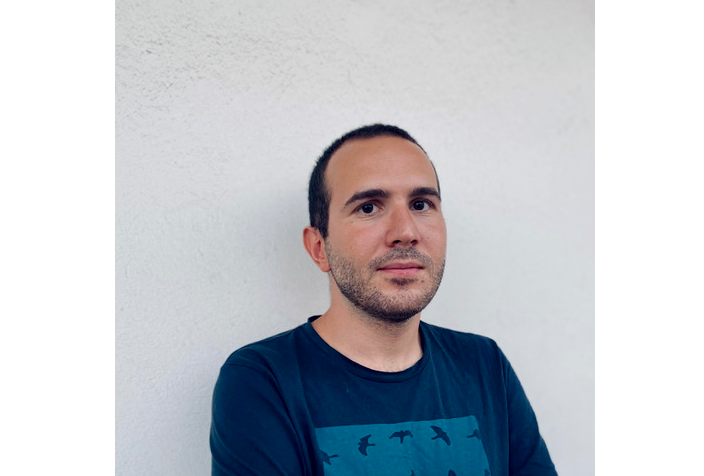Abstract:
We study here systems of distributed entities that can actively modify their communication network. This gives rise to distributed algorithms that apart from communication can also exploit network reconfiguration to carry out a given task. Also, the distributed task itself may now require a global reconfiguration from a given initial network G_s to a target network G_f from a desirable family of networks.
To formally capture costs associated with creating and maintaining connections, we define three edge-complexity measures: the total edge activations}, the maximum activated edges per round, and the maximum activated degree of a node. We give (poly)log(n) time algorithms for the task of transforming any G_s into a G_f of diameter (poly)log(n), while minimizing the edge-complexity.
Our main lower bound shows that Omega(n) total edge activations and Omega(n/log n) activations per round must be paid by any algorithm (even centralized) that achieves an optimum of Theta(log n) rounds. We give three distributed algorithms for our general task. The first runs in O(log n) time, with at most 2n active edges per round, a total of O(nlog n) edge activations, a maximum degree n-1, and a target network of diameter 2. The second achieves bounded degree by paying an additional logarithmic factor in time and in total edge activations.
It gives a target network of diameter O(log n) and uses O(n) active edges per round. Our third algorithm shows that if we slightly increase the maximum degree to polylog(n) then we can achieve o(log^2 n) running time.
Bio: Bachelor degree at University of Patras, Greece. 3rd year PhD student at University of Liverpool, working on actively dynamic networks. Research interests include: distributed systems, programmable matter, actively dynamic networks.

